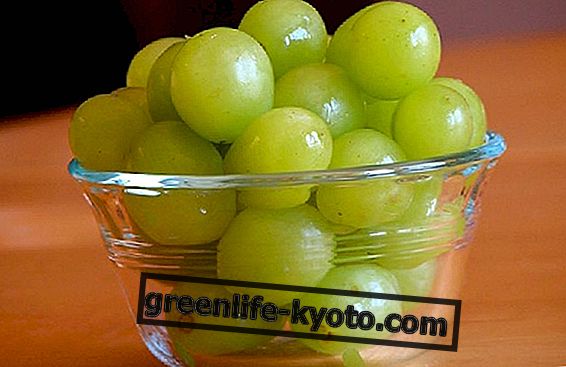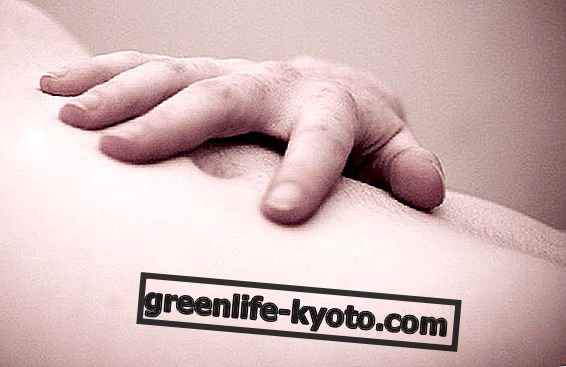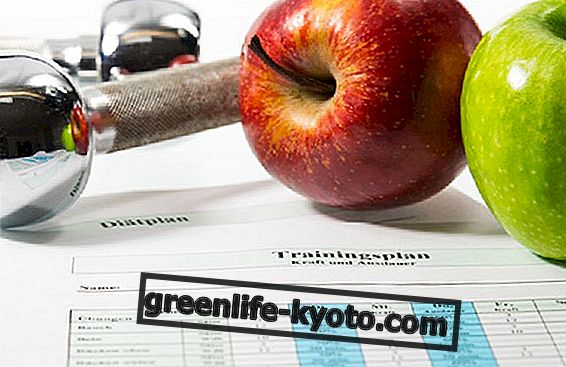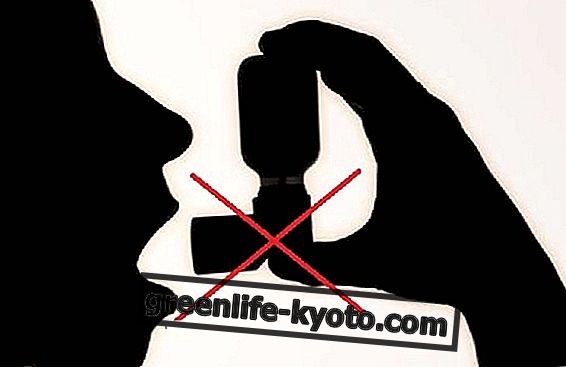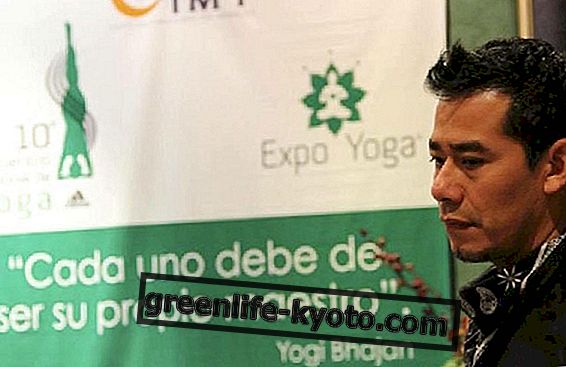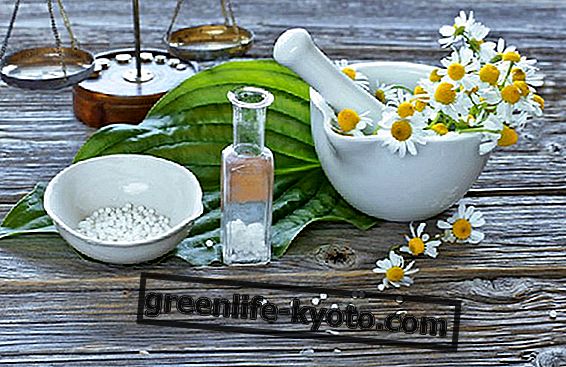Papain is a proteolytic enzyme extracted from the latex of the papaya fruit with a digestive and anti-inflammatory action. Let's find out better.
>
>
>
>
Papaya fruit from which papain is obtained

What is papain
Papain is a sulfhydryl protease extracted from the papaya plant ( Carica papaya L.). The main use is as an adjuvant for digestion, having a specific action of protein degradation similar to that exerted by digestive enzymes (trypsin and chemotripsin) in the stomach.
Enzymes are protein molecules able to regulate all the chemical reactions that take place in the body: growth, transformation, reduction, death and subsequent rebirth of the millions of cells that make up our body and of everything that takes place within them.
Where is the papain
Papain is extracted from papaya, a woody tree originating in tropical America. The drug (the part of the plant containing the active ingredient) is the latex obtained from the not yet ripe fruit .
Latex is also present in the leaves and in the trunk of the plant. The raw papain is obtained by making slight incisions on the pericarp (part of the fruit that covers the seed) allowing the latex to escape; this is collected, left to coagulate and dried in the sun or artificially; the powder thus obtained will undergo further processing to eliminate impurities.
Papain commercially used is a powder that goes from dark brown to light brown; may have a very unpleasant smell or be odorless, depending on the quality.
Papain is commercially available purified and of different quality; moreover, it exists in different formulations: capsules, powder, in toothpaste and cosmetics.
Discover also the properties, calories and nutritional values of papaya
Properties of papain
Papain has numerous biological properties, including anti-inflammatory and anti-edemic properties, ie it favors the reabsorption of edema, ecchymoses and subcutaneous infiltrates.
His ability to digest dead tissues without affecting the surrounding living tissues has earned him the reputation of a "biological chisel".
Moreover, its main currently used is linked precisely to the digestive capacity of the molecule, so it is present in many preparations to improve the digestion of food, in association with other substances with proteolytic action (ie degradation of proteins), such as bromelain and ficin .
It is also used in face creams, detergents, anti-wrinkle formulations, toothpastes.
At one time, it was used to treat numerous diseases and disorders such as: infected wounds, sores, ulcers, chronic diarrhea, tumors, phlegm and psoriasis.
Currently on the market there are many products based on fermented papaya, obtained by prolonged fermentation of the fruit. The extract obtained does not only contain papain, but also other substances such as vitamins, minerals, and organic substances.
This preparation would seem to have strong immunostimulant, antioxidant (" radical scavenger ") and anti-aging properties, as well as prevention in neurodegenerative diseases associated with the production of free radicals. The prolonged fermentation allows the obtaining of new components that are not limited to acting as "scavengers" of free radicals but that also optimize the functions of the endogenous antioxidant system of the organism, protecting cell membranes and DNA from oxidative stress.
The fermentation process also allows a profound change in the content of proteins and carbohydrates, giving rise to a documented complex of substances, called ß-Glucans, with documented immunomodulating properties (ie regulation of the immune defenses).
Studies on the antioxidant properties of fermented papaya are multiple and sometimes contradictory. Here, we limit ourselves to remembering that every natural remedy must be chosen according to specific needs and not for fashion and that a regular and healthy life is the basis of every medicine.
Contraindications of papain
Papain, in predisposed subjects, can give allergic contact reactions and can be a serious irritant and blister. For internal use it can give serious gastritis. Respecting the recommended doses and short cycles helps prevent these disorders.


